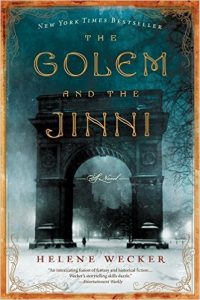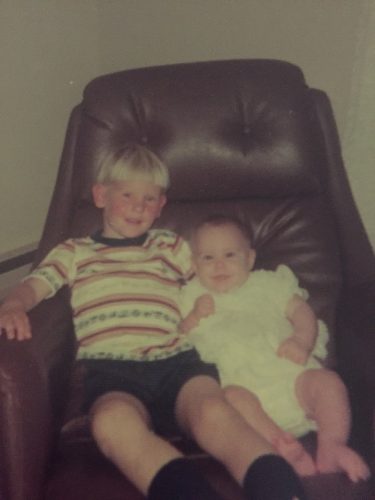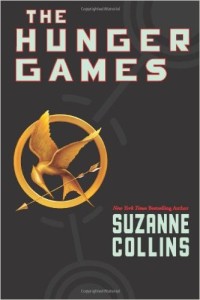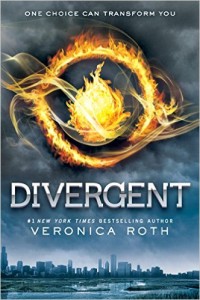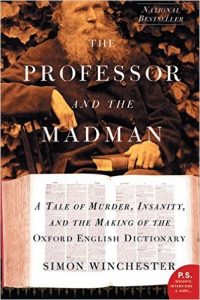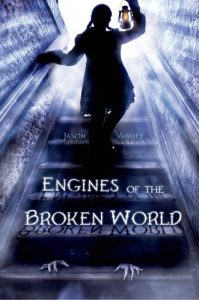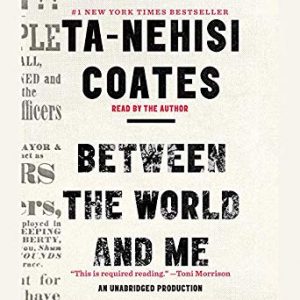Book Review: YA Series – Hunger Games Trilogy by Suzanne Collins and Divergent Trilogy by Veronica Roth
Sometimes I feel like I should write a separate review for each of these two series, but the truth is, I read them intertwined with one another, and my thoughts on each are deeply connected to my thoughts on the other. The other thing to mention, I think, is that in both cases, I saw the movie for the first book before I read any of the books.
And to get it out of the way, I think The Hunger Games is the best book out of the six, but that overall, Divergent is the better series.
In both cases we have a young woman as our protagonist. She is put into a situation beyond her control that causes her extreme trauma and after the first books, both Katniss and Tris spend all (or at least a majority of) the rest of their stories suffering deeply from post-traumatic stress disorder. They have moments of clarity, but also spend a lot of time in a fog. At the end of their stories, each woman has one of those moments of clarity that causes her to act in a way unexpected by those around her, for the betterment of her society.
I think both authors do a great job of showing the psychological consequences of the horrific circumstances they placed their protagonists in. There is no easy out, no banal acceptance of what they had to do, and they each suffer consequences for their actions.
In the Hunger Games books, adults are window dressing. If they have more than a walk on role, they are much more likely to be bad guys than they are good. There are a few exceptions, like Haymitch, but even he is often ambiguously on the side of “good”.
Because Katniss is so far into her PTSD for the second two books, it is next to impossible for any character not important to her in the first book to make any kind of lasting impression on the reader. And that works out okay because Suzanne Collins kills most of them off.
I ended with two “big” problems (big is in quotes because I still enjoyed the whole series quite a bit). One is the love triangle that is not actually a love triangle. There was never a doubt that Katniss would choose Peeta. Never. It felt like the love triangle was written in because how could you have a teen girl protagonist without a love triangle? In order for the books to sell to girls, there has to be a love triangle, right? Wrong. There was no love triangle with Gale. You might be able to argue that there was a non-love triangle, as it would have been perfectly believable for Katniss to choose a life of solitude, but the character was never given that chance. It was always Peeta.
The other problem is Katniss’s lack of agency after the first book. Again, I applaud the honest look at PTSD, even without calling it that, and I appreciate that it in real life, it has long lasting effects and many never recover from it. But for the protagonist in a book, that does not work as well. Katniss has one or two moments of clarity, but even in the epilogue, it is clear she is never really an active agent in her own life again. That would be great for a book aimed at adults. I find it not so great for a book aimed at young adults, at least not without making it a specific, examined, theme. It also calls into question as to her true ability to consent to a relationship with Peeta or anyone.
In the Divergent trilogy, adults play definitive roles. There are good adults, bad adults, and adults that are both good and bad for different reasons. Even if they are not the focus of the stories, the characters are fully formed, and the teenagers/young adults at the heart of the stories have to make difficult decisions about which adults to trust, or when to trust them, or how far. The complicated nature of all the characters – adults and kids – makes the dystopian nature of the world feel much more real than that of the Hunger Games, as if this were an actual possible future.
Tris struggles with relationships throughout all three books, and while some characters from the first follow us through the end, not all do, and not all remain central characters. Veronica Roth introduces new characters in each book that have important roles to play and continue on in the story after it is over. Tris maintains her ability to form relationships and as such the reader gets to form new relationships to new characters, too.
Tris also suffers from PTSD. She spends time barely able to function, and in some cases, is never able to go back to being who she was. But she also suffers the consequences for her actions in a way Katniss never does. All of Katniss’s consequences are wrapped up in her PTSD. She faces no consequences of her actions of killing people from the world in general. Everyone she personally kills is presented to the reader as a “bad guy”, and therefore, no consequences are really needed.
This is not the case with Tris. She kills some people who are “bad guys”. She also kills someone she had considered a friend. She has to face the consequences of those actions; it affects her relationships with those around her. She does not get a free pass because of the situation. She has to earn (earn back) the trust of other characters because of those actions.
Tris has moments where she loses her agency, where she lets the world and those around her simply push her in the direction she wants. But she has more moments of clarity, and her final decision feels honest and purposeful.
There is not a love triangle in Divergent, though there is a love story. Still, Tris has to make important decisions about the future that take into account Four, but also her own closely held beliefs.
There are a number of Shakespeare plays called the Dark Comedies. You know they are comedies because they end in marriage, but often the marriages leave you feeling squicky. For me, that is what the Hunger Games was like. It gave a pseudo-happy ending, but not one I really felt comfortable with. Divergent ends along the lines of a tragedy, with death. But in that death, the hope and possibility of a new world are much more strongly felt.
As a note, because both trilogies have moments of kids killing kids, these are definitely more in the Young Adult age range than in the middle grade range, when it comes to content. However because of the way the consequences of each are handled, and the issue of agency, I do think Divergent is accessible to a younger age than the Hunger Games. I would suggest the parent reading them before (or along with) their kid, though, especially if they are being read before high school.
